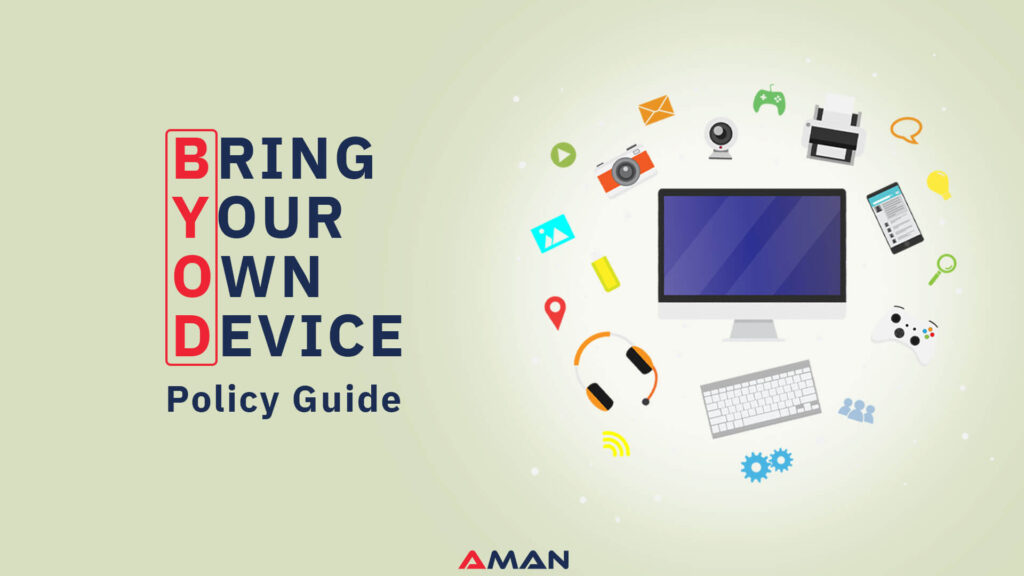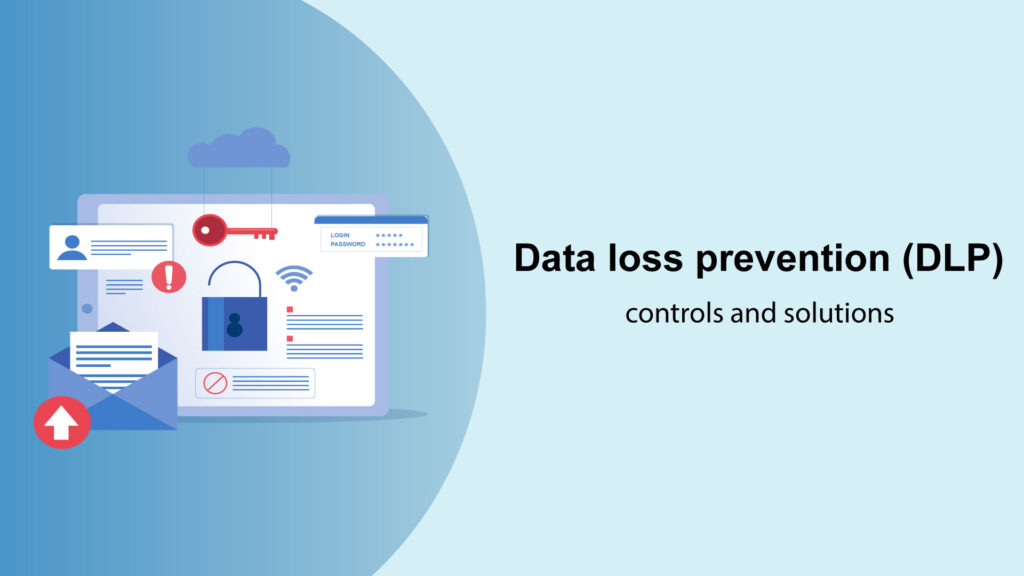With digital transformation accelerating across Saudi businesses, Bring Your Own Device Policy is now vital to workforce flexibility and security. However, implementing BYOD without proper security frameworks and compliance with specific Saudi regulations, such as those issued by the Saudi Data and Artificial Intelligence Authority (SDAIA), can expose organizations to significant cyber risks and penalties. Review and strengthen your BYOD measures now.
Understanding BYOD in the Saudi Business Context
BYOD lets employees use their personal smartphones, tablets, and laptops for work, offering greater productivity and cost savings. For Saudi businesses, this approach requires balancing operational flexibility with the strict data protection and cybersecurity requirements set by Saudi Arabia’s National Cybersecurity Authority (NCA) and Personal Data Protection Law (PDPL), which establish frameworks for managing and securing sensitive information. The challenge is to protect corporate data while respecting employee privacy, within Saudi Arabia’s evolving regulatory framework, where organizations must comply with specific NCA and PDPL provisions on security and privacy.
Key Security Risks Without Proper BYOD Policies
Saudi businesses face specific security challenges when employees use personal devices for work:
- Data Leakage and Loss: Personal devices without enterprise-grade security controls increase exposure to data breaches, putting business information at risk if devices are lost or stolen.
- Compliance Violations: Lack of enforced controls puts organizations at risk of violating NCA Essential Cybersecurity Controls (ECC) and PDPL. Such breaches can quickly lead to substantial penalties and reputational harm.
- Network Vulnerabilities: Personal devices without security safeguards can introduce malware and act as gateways for attackers to disrupt business systems.
- Shadow IT Challenges: Employees downloading unauthorized applications or accessing unsecured cloud services can create critical security gaps that established defenses cannot address, increasing the threat environment.
NCA Compliance Requirements for BYOD
The National Cybersecurity Authority mandates specific controls for organizations implementing BYOD policies:
Access Control Management: Organizations must implement strong authentication mechanisms, including multi-factor authentication (MFA) for accessing corporate resources from personal devices.
Data Classification and Protection: BYOD policies must define how to identify data classification levels on personal devices. Users must follow protocols for handling sensitive data, such as using approved apps and encrypting storage as instructed.
Device Security Standards: Set minimum security requirements for personal devices accessing corporate networks, including operating system updates, encryption standards, and security software installation.
Incident Response Procedures: Develop clear protocols for handling security incidents involving personal devices. Specify who must be notified, how and when breach notifications are sent, and the steps for remediation.
PDPL Considerations for BYOD Implementation
Comply with Saudi Arabia’s Personal Data Protection Law (PDPL) when adopting BYOD policies. Organizations must respect employee privacy rights by defining accessible personal data and the circumstances for access. Implement technical controls, such as data segregation, to separate business and personal information and ensure privacy and security. Ensure transparency by informing employees about monitoring practices, data access, and privacy expectations. Obtain explicit consent before implementation. Define procedures for securely removing company data from personal devices when employees leave or devices are replaced to prevent unauthorized retention.
By addressing these PDPL requirements, businesses can lay a strong foundation for their BYOD initiatives. Next, organizations should develop and implement a Bring Your Own Device Policy framework that includes these compliance measures to ensure legal and operational security.
Essential Components of a Secure BYOD Policy Framework
- Device Registration and Enrollment: Establish mandatory registration for all personal devices accessing corporate resources. Maintain a device inventory, assess each device for security risks before connection, and automatically verify compliance with company security rules.
- Security Configuration Standards: Define minimum security requirements by mandating device encryption, automatic screen locks with timeout periods, prohibiting certain applications and services, and requiring regular security patches.
- Application Management: Implement application controls by specifying which applications may access corporate data, utilizing containerization or application wrapping to separate business and personal data, and maintaining lists of approved applications for business use.
- Network Access Controls: Define how personal devices connect to corporate networks. Limit access using network segmentation. Require VPNs for remote access to sensitive resources.
- Data Protection Measures: Require encryption for data at rest and in transit. Enable remote wipe to erase device data if lost or stolen. Set up backup procedures to regularly save business data on personal devices.
- Monitoring and Compliance: Define monitoring and compliance practices by ensuring employee privacy, using automated systems to check and report compliance with policies, and performing scheduled reviews of device security for all enrolled devices.
Implementation Best Practices for Saudi Organizations
For Saudi businesses, implementing a Bring Your Own Device policy starts with a thorough risk assessment. Identify and document the organization’s specific risks, compliance obligations, and business priorities before drafting the rules. Engage employees early by inviting them to participate in discussions and provide input on the policy. This involvement ensures the guidelines are practical and easy to adopt, maintaining a balance between security and usability.
Once the policy framework is ready, document it clearly in both Arabic and English so everyone understands expectations, responsibilities, and possible consequences. Implement Mobile Device Management (MDM) solutions to automatically enforce security controls while upholding employee privacy. Offer regular training and awareness programs to educate staff on BYOD risks and safe practices tailored to Saudi organizations. Continuously monitor the policy, conduct regular reviews, and implement timely updates to address evolving threats, technologies, and regulations.
Conclusion
Implementing a secure Bring Your Own Device Policy requires more than written guidelines; it demands technical controls that protect corporate data while respecting employee privacy and ensuring regulatory compliance. Mobile Device Management (MDM) solutions establish the technical foundation for successful BYOD implementation in Saudi businesses. These platforms automate security policy enforcement, continuously monitor compliance, and enable rapid responses to security incidents, all while maintaining the flexibility employees need.
At Aman Solutions, we guide Saudi organizations to implement comprehensive BYOD strategies aligned with NCA requirements and PDPL mandates. Unlike standard offerings, our Mobile Device Management solutions are tailored for the Saudi market, combining regulatory compliance, robust security, and a seamless user experience to uniquely serve both executives and employees.
Confidently secure your BYOD environment. Contact Aman Solutions to deploy Mobile Device Management solutions that protect your business and enable workforce flexibility in compliance with Saudi regulations.





